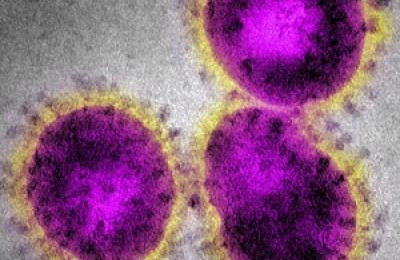From environment to clinic: the role of pesticides in antimicrobial resistance
Antimicrobial resistance (AMR) in pathogens has been associated mainly with excessive use of antibiotics. Most studies of resistance have focused on clinical pathogens; however, microorganisms are exposed to numerous anthropogenic substances. Few studies have sought to determine the effects of chemical substances on microorganisms.















